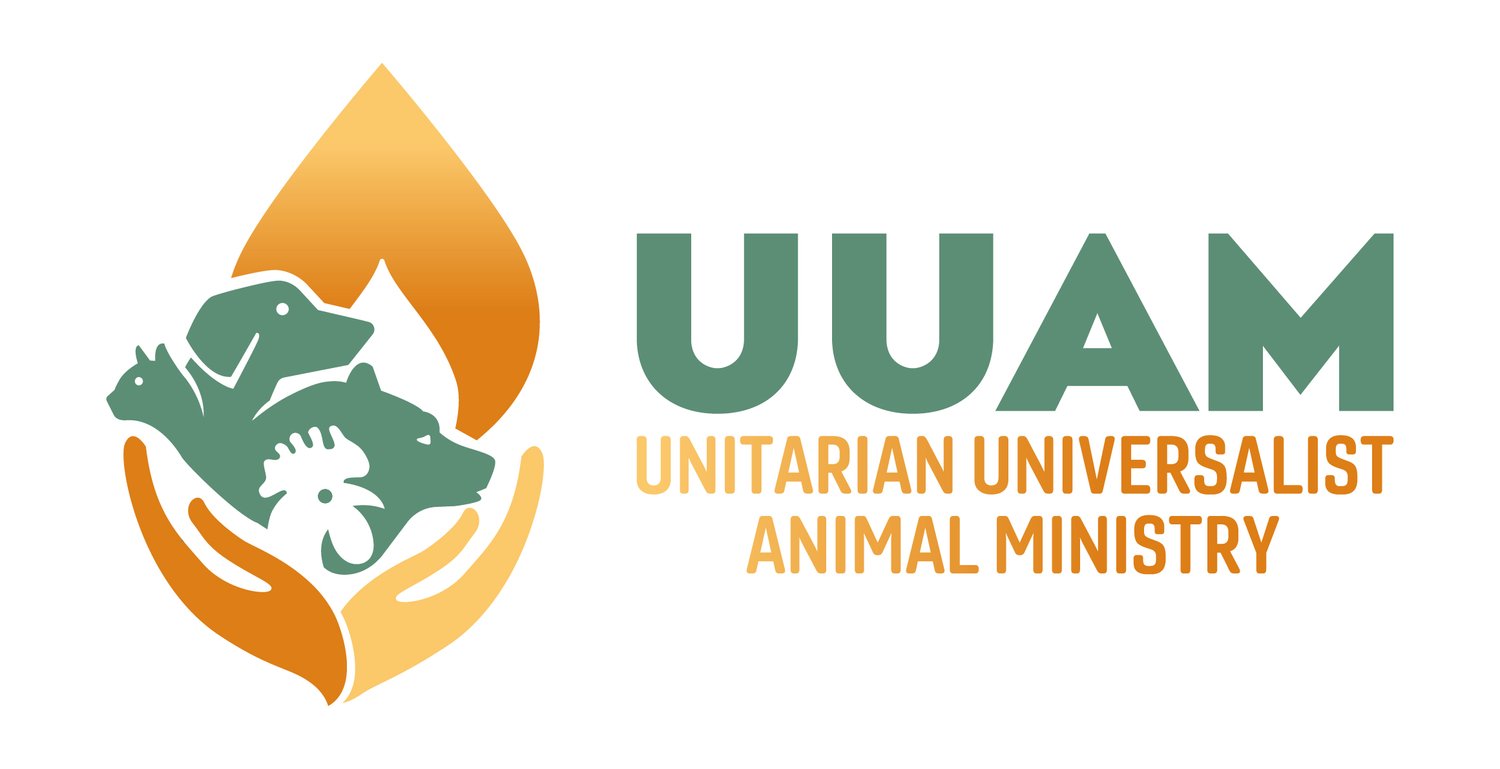What the Board is Reading
What a Fish Knows: The Inner Lives of Our Underwater Cousins
By Jonathan Balcombe
Reviewed by Ilene Steele, UUAM Board Member
Surprisingly, when I became a vegetarian the meat I missed most was fish. Cravings for steaks, pork chops and chicken soon disappeared, but the desire for fish remained. Why should this be the case? Might this be a vestige of some kind of phylogenetic bias of which I was unaware? Is it easier to empathize with animals that are closer to us evolutionarily than it is those where the relationship is far more distant in time? Is it harder to recognize and appreciate the sentience of some varieties of animals than it is in others? I knew, of course, that fish fight against being hauled ashore when caught on the other end of a fishing line. I knew that they struggled and gasped desperately for life-sustaining oxygen when pulled from the waters where they live. But it was all too easy to put fish in a category of animal life that renders them simply, and wrongly, as unfeeling, instinct-driven creatures.
I now know that this perspective is wrong both scientifically and morally. I have science writer and animal behavior scientist Jonathan Balcombe, former director of animal sentience at the Humane Society Institute for Science and Policy, to thank for showing me that the fishes of the world have amazingly rich and complex lives. Who knew fish have their own personalities? Who knew they form lifelong friendships, make plans, hunt together, use tools, deceive others and punish wrongdoers? Who knew they have a wide emotional range from sorrow to joy? Who knew that in so many ways fish love their lives just as we do? In his book What a Fish Knows: The Inner Lives of Our Underwater Cousins (New York: Farrar, Straus and Giroux, 2016), based on scientific research on fish behavior, Balcombe reveals the inner lives of fishes in a series of engaging chapters covering everything from how fish perceive their worlds, relate to one another, and make sense of their experiences through learning and problem-solving. Balcombe also exposes the cruelties of yet another form of factory farming in describing the inhumane methods used to raise fish on an industrial scale and the cruel ways they are dispatched for human consumption.
I highly recommend this fascinating book. It takes us into another world for a deeper understanding of our fish cousins and an appreciation of the inherent worth of their lives.
Editor’s Note: If you’d like to watch a video with a similar theme to this outstanding book—and can stand a moment of bawdy humor—we recommend “How Conscious Can A Fish Be?” by Ryuji Chua (2021), available for free on YouTube.

